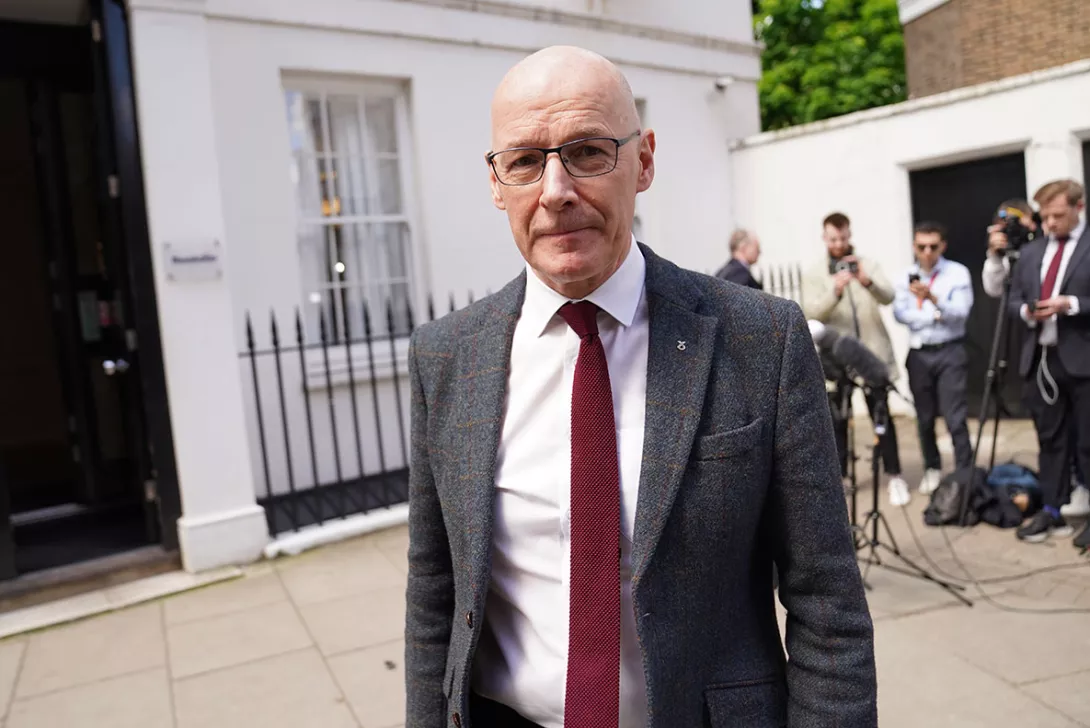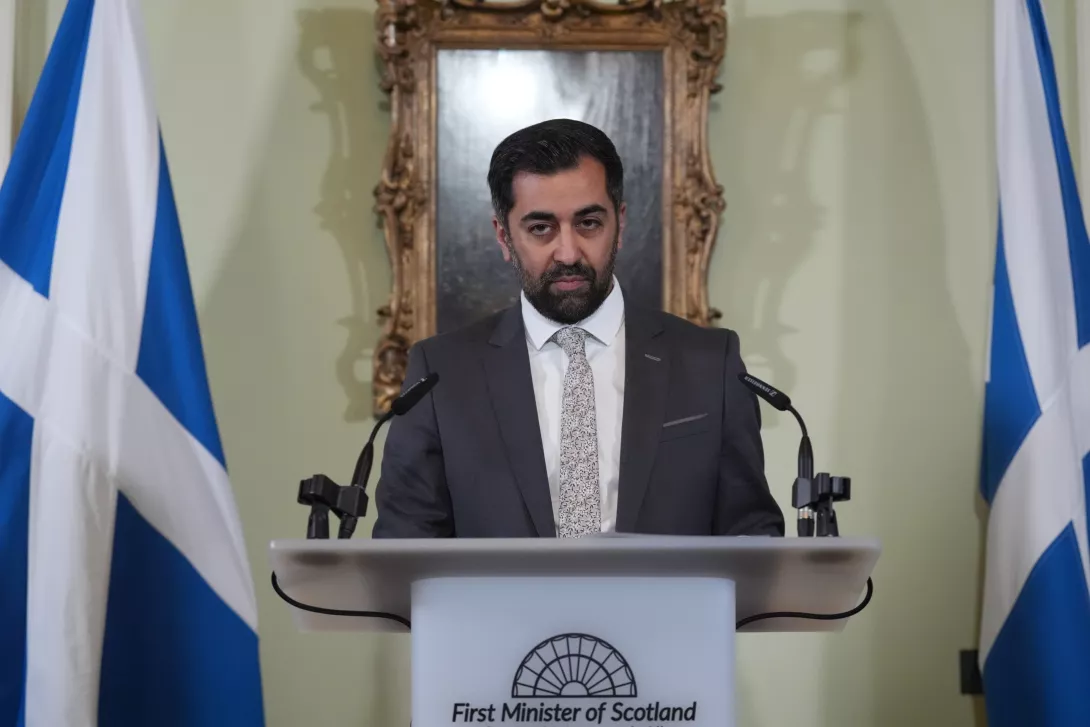The proxy war in Ukraine is heading to a denouement with the US and Russia dividing the spoils while the European powers stand bewildered by events they have been wilfully blind to, says KEVIN OVENDEN
Relying on the SNP lurching from crisis to crisis is not enough
Scottish Labour not only needs to develop policies on the big questions facing Scottish workers – it also needs a credible position on the constitution, argues NEIL FINDLAY
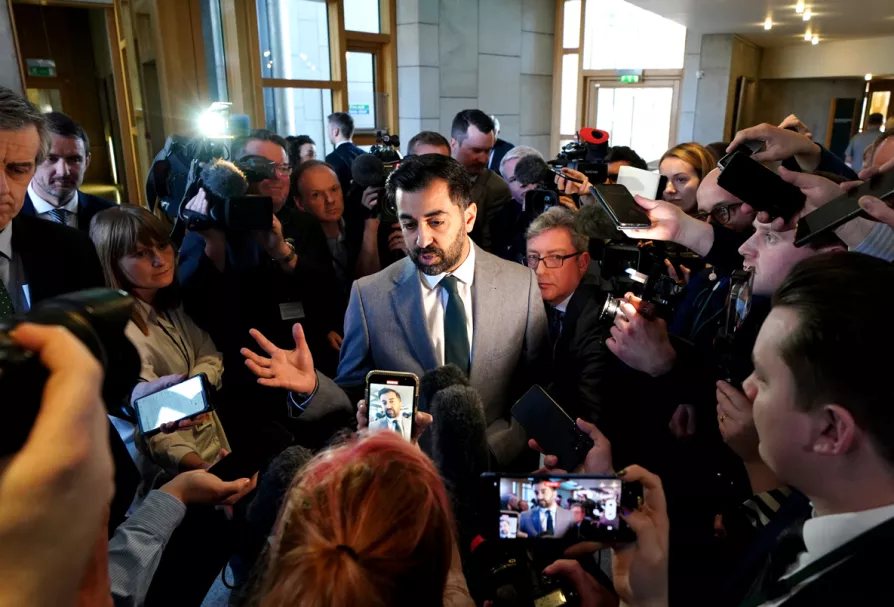
SINCE THE 1970s media commentators and right-wing newspapers have demonised trade unions, showing images of rubbish piled high in the streets coupled with references to “the winter of discontent.”
Well, if they are looking for a phrase to describe the most intense and inspiring period of industrial action since the ’70s let it be defined by our movement, not them. For me 2022-23 is “the year the workers fought and won.”
Across the economy train drivers, civil servants, doctors, council workers, nurses, firefighters, posties, teachers, physiotherapists, lecturers, railway workers, ambulance crews, airport staff and many, many more have either been on strike or threatened strike action in pursuit of fair pay and conditions.
More from this author
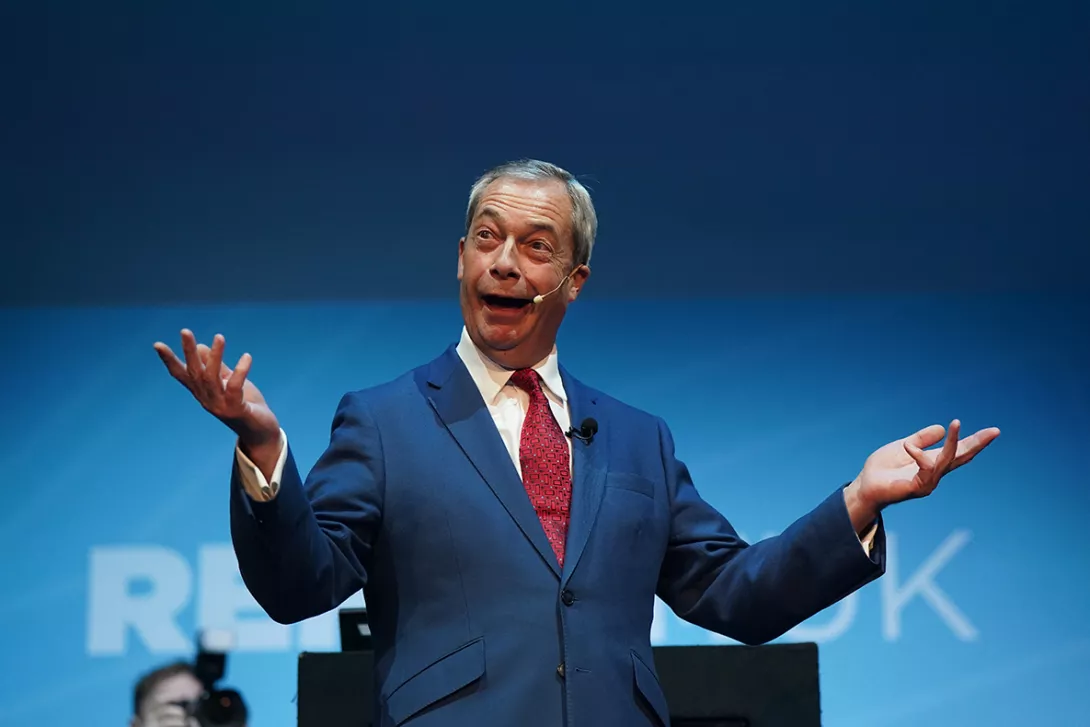
It’s easy to lose your sense of optimism amid bleak political times. NEIL FINDLAY has some suggestions for what we need to see in 2025
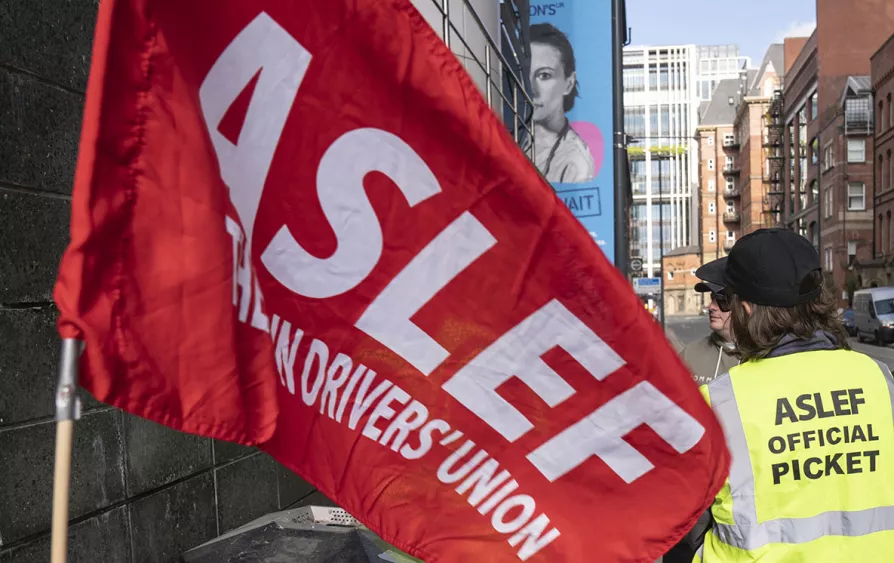
NEIL FINDLAY slams the shocking lack of facilities and breaks forcing drivers to risk health and endure degrading conditions following a new report from train drivers’ union Aslef
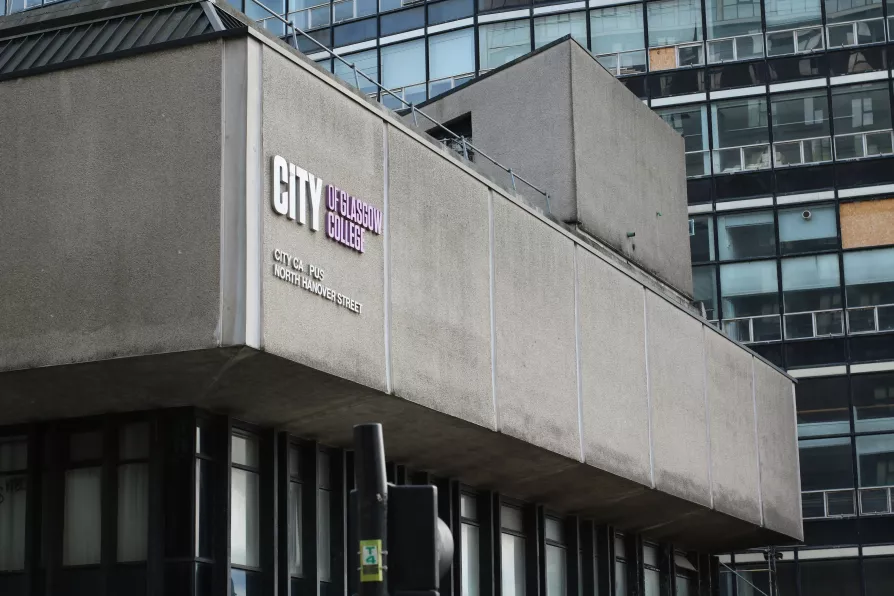
The city of Jimmy Reid, Mary McArthur and other great class fighters must not be left without trade union learning provision, says NEIL FINDLAY
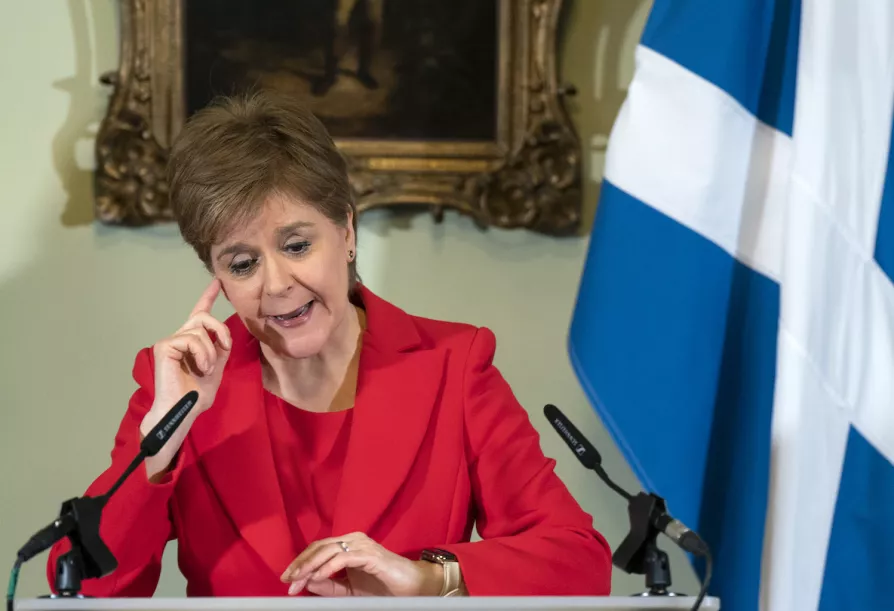
The First Minister was undoubtedly a skilled politician, but her record is one of dismal failure, from public service cuts to flogging off our wind energy market to foreign multinationals, writes NEIL FINDLAY
Similar stories
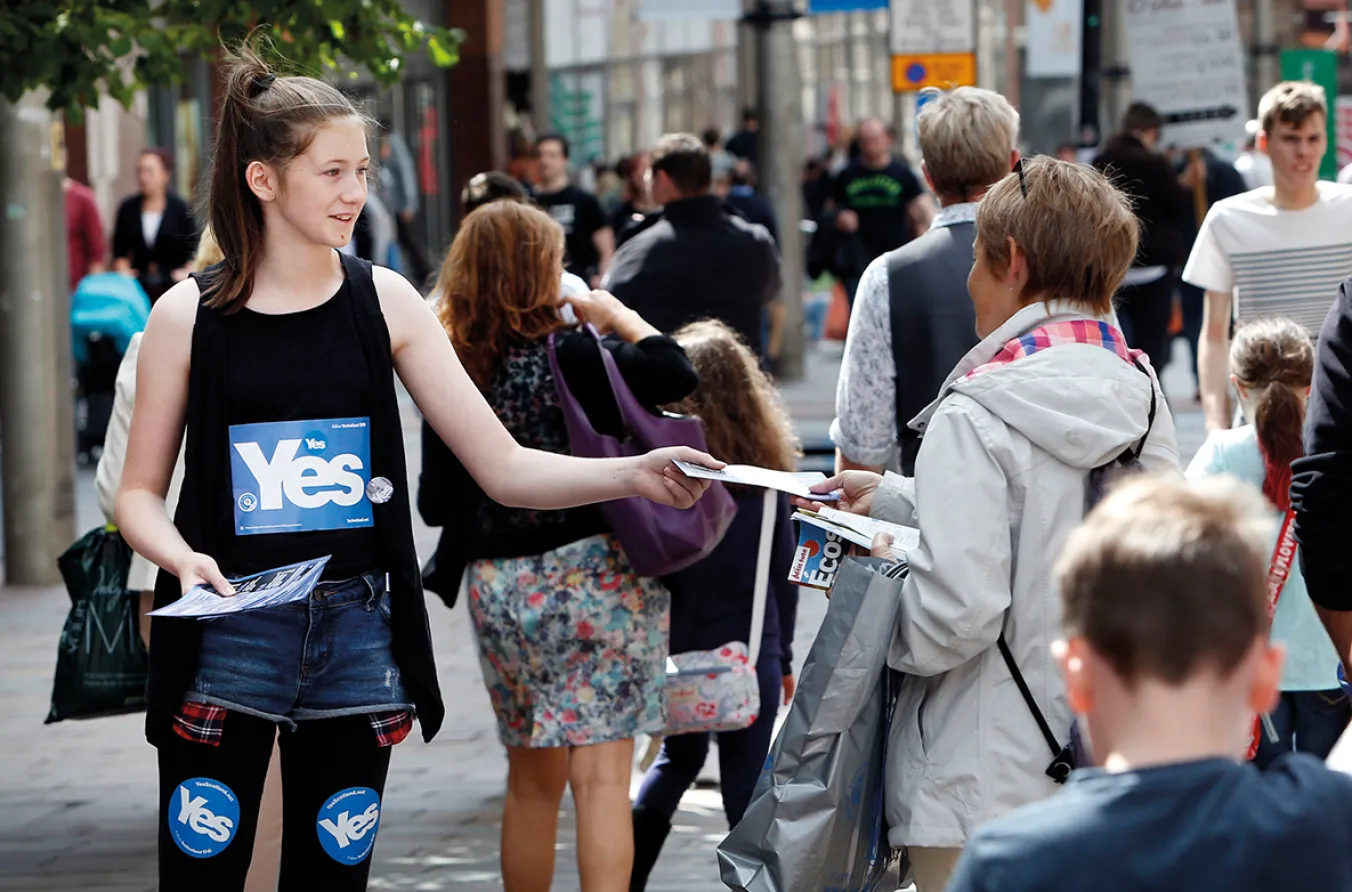
The independence referendum’s youthful energy has dissipated, leaving Holyrood disconnected from voters as the constitutional question fades and Labour gains ground from a stagnant SNP, writes COLL MCCAIL
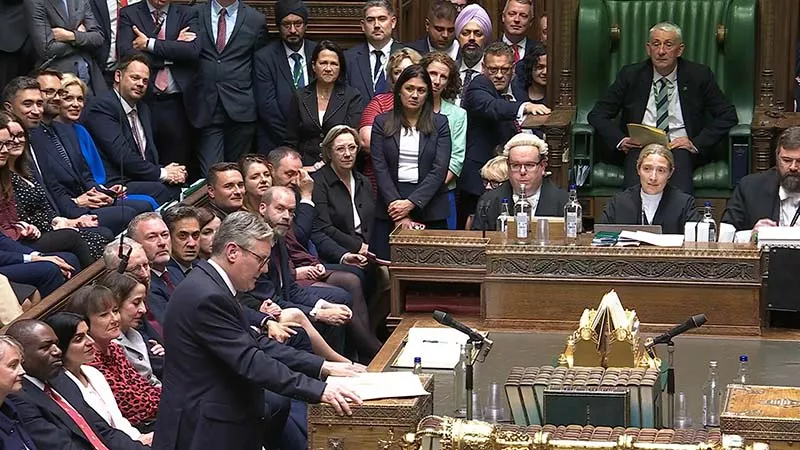
The party north of the border needs to have a serious think about how it retains its newly elected MPs in the future. How those MPs are able to assert Scottish policy in the UK Parliament will be key, argues PAULINE BRYAN










